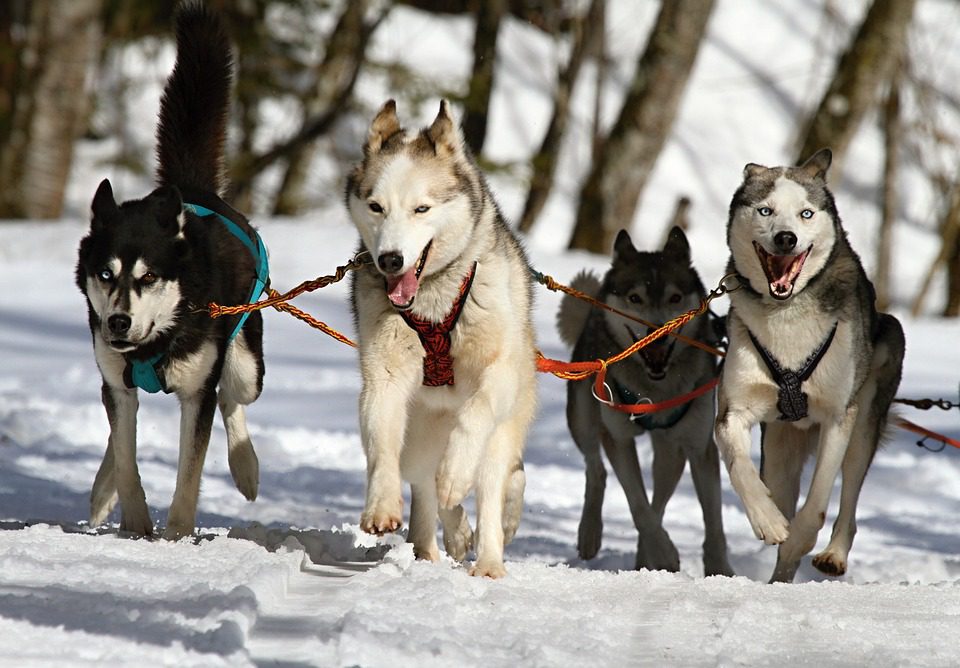Neutering a dog is a commonly recommended procedure for pet owners, as it can help prevent certain health problems, reduce aggressive behavior, and prevent overpopulation. But what is the healthiest age to neuter a male dog? This is an important question to consider when it comes to the overall health and wellbeing of your pup. While there are a few factors to consider, research has suggested that the best time to neuter your male pup is between five and nine months of age. In this article, we will explore the different factors to consider when determining the best time to neuter your pup and the potential risks and benefits associated with neutering at various ages.
Introduction
Table of Contents
Neutering a male dog is a common practice among pet owners, and is often done to prevent unwanted litters and decrease aggressive behavior. But there is some debate as to what is the healthiest age to neuter a male dog. While some experts recommend waiting until the dog is fully grown, others suggest neutering at a much younger age. In this article, we will look at the pros and cons of neutering a male dog at various ages, as well as the healthiest age to neuter a male dog.
Early Neutering
Some experts recommend neutering a male dog as early as 8 weeks old. Proponents of early neutering claim that it reduces the risk of certain cancers and infections, as well as behavioral issues such as aggression and marking. Early neutering also prevents unwanted litters, which can be an issue for pet owners who are not looking to breed their dog.
Benefits Of Early Neutering
Early neutering is beneficial for a number of reasons. It can reduce the risk of certain cancers and infections, as well as decreasing aggressive behavior. It also helps to prevent unwanted litters and ensures that the dog is not able to reproduce. Additionally, early neutering can help to reduce the risk of obesity, as the dog will no longer be able to produce hormones that can lead to weight gain.
Risks Of Early Neutering
Early neutering can also have some risks. There is a chance that the dog may experience growth plate issues, as the hormones needed for proper growth are removed. The dog may also experience an increase in joint problems, as the hormones needed to keep the joints healthy are removed. Additionally, early neutering may increase the risk of certain types of cancers, such as prostate cancer.
Delayed Neutering
Some experts recommend waiting to neuter a male dog until it is fully grown. Proponents of delayed neutering claim that it allows the dog to fully develop and grow, and that it can help to reduce the risk of certain health problems. Delayed neutering can also be beneficial for pet owners who are looking to breed their dog, as it allows them to wait until they are sure that the dog is healthy and of good breeding quality.
Benefits Of Delayed Neutering
Delayed neutering can have a number of benefits. It allows the dog to fully develop and grow, which can help to reduce the risk of certain health problems. It can also be beneficial for pet owners who are looking to breed their dog, as it allows them to wait until the dog is of good breeding quality. Additionally, delayed neutering can help to reduce the risk of certain types of cancers, such as prostate cancer.
Risks Of Delayed Neutering
Delayed neutering can also have some risks. If the dog is not neutered at an early age, there is an increased chance of it developing aggressive behavior and marking its territory. Additionally, there is a chance that the dog may produce unwanted litters if it is not neutered.
Conclusion
Neutering a male dog can be beneficial for a number of reasons, but there is some debate as to what is the healthiest age to neuter a male dog. While some experts recommend neutering as early as 8 weeks old, others suggest waiting until the dog is fully grown. Each option has its own benefits and risks, so it is important to talk to your vet to determine which is best for your dog.
## Common Myths about Neutering Male Dogs
1. Myth: Neutering a male dog too early can cause health problems.
Fact: Neutering a male dog at the appropriate age for their breed can actually help prevent some health problems, including testicular cancer and prostate issues.
2. Myth: Neutering a male dog will make them fat.
Fact: Neutering a male dog alone will not cause them to gain weight. A change in diet or lack of exercise can cause weight gain in any pet.
3. Myth: Neutering a male dog will make them less aggressive.
Fact: Neutering can reduce certain forms of aggression, such as marking or mounting, but it will not necessarily reduce aggression due to fear or possessive behavior. Training is the best way to address aggressive behaviors.
Frequently Asked Questions
What is the healthiest age to neuter a male dog?
Answer: The healthiest age to neuter a male dog is between 6 and 9 months of age.
What are the benefits of neutering a male dog?
Answer: Neutering a male dog has many benefits, including reducing the risk of certain types of cancer, decreasing the risk of behavioral issues such as aggression and roaming, and reducing the number of unwanted litters.
Conclusion
. Neutering a male dog can be beneficial for a number of reasons, such as reducing the risk of certain cancers and infections, preventing unwanted litters, and decreasing aggressive behavior. Experts recommend neutering a male dog as early as 8 weeks old, which can reduce the risk of certain cancers and infections, as well as preventing unwanted litters. Alternatively, some experts suggest waiting until the dog is fully grown, which can help to reduce the risk of certain health problems, as well as being beneficial for pet owners who are looking to breed their dog. It is important to talk to your vet to determine which option is best for your dog.






